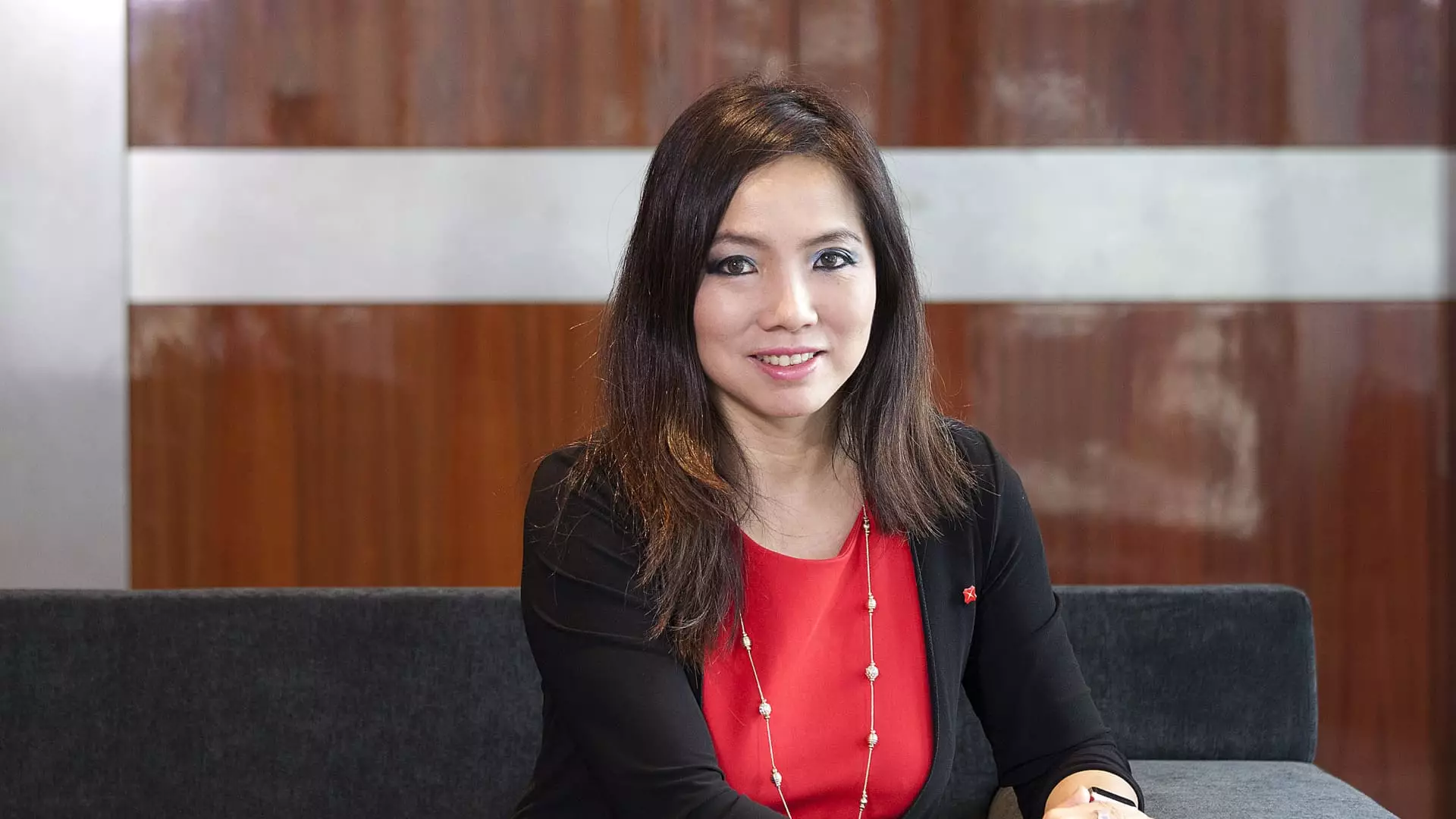In recent years, the spectacle of charity auctions featuring interactions with the affluent elite has become an unsettling symbol of societal inequality. The auctioned dinner with Tan Su Shan, CEO of DBS Group, exemplifies this phenomenon. Bidding soared beyond expectations to nearly SGD 19,000—more than twice the estimated range—highlighting how the super-rich leverage their wealth to indulge in exclusive experiences under the guise of philanthropy. While the event touts itself as an opportunity for cultural enrichment and meaningful connections, it ultimately underscores a stark divide: access to influential figures is now a commodity reserved to the highest bidders, reinforcing social hierarchies rather than bridging gaps.
The Myth of Merit and Meritocracy
Proponents argue that such high-stakes auctions support vital cultural and social causes, claiming they democratize access through philanthropy. However, this narrative conveniently sidesteps the reality that wealth often begets influence, not the other way around. When a dinner with Tan Su Shan becomes a purchasable privilege, it exposes the illusion that opportunities are equally accessible. Wealthy donors buy their way into the social fabric, gaining proximity to power that likely eludes the average citizen. This transactional nature of philanthropy distorts the true spirit of community, where participation should be driven by collective need—not personal fortune.
The Paradox of Giving and Greed
The generous intent behind fundraising events cannot mask the darker irony: the collation of excess wealth for mere moments of exclusivity. Charitable efforts like the Singapore National Gallery’s gala are marred by this inherent contradiction. They raise significant funds while simultaneously magnifying economic disparities—funds that will benefit underserved communities, yes, but also highlight how disconnected the ultra-rich are from the struggles of everyday people. Celebrating luxury experiences with top-tier business leaders—whether dining with Warren Buffett or Tan Su Shan—cultivates a culture of opulence that seems increasingly detached from the common good.
Questioning the True Value of Elite Outreach
While the allure of such experiences can inspire admiration, a critical lens reveals their superficial value. Do these events foster genuine social progress, or are they simply theatrical displays of wealth? The answer leans toward the latter. The rich continue to insulate themselves through exclusive networking, far removed from the realities faced by most. This gap hampers meaningful dialogue on systemic issues like inequality, affordability, and social mobility. Instead of bridging divides, these auctions deepen existing fissures, painting a picture of a world where influence is bought and sold, not earned through merit or shared community effort.
The Need for a Fairer Society
Real societal progress demands a shift from the spectacle of wealth to the empowerment of all citizens. Philanthropy should challenge inequality, not perpetuate it through display and exclusivity. We need to question the ethics of a system where access to influential figures is a matter of private bidding, and where genuine influence remains confined to a privileged few. A truly progressive society would prioritize inclusivity, ensuring that culture, leadership, and opportunity are accessible to everyone—not just those with the deepest pockets. Until then, these “charity” events will continue to serve as mere illusions, masking the growing chasm between the rich and the rest of us.

